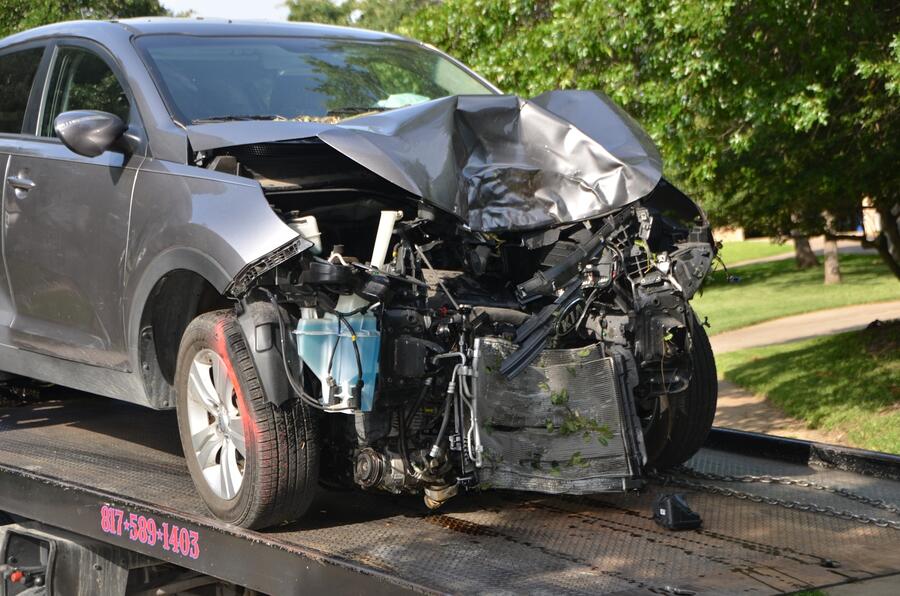From trash to cash!’, ‘Soo cheap!’, ‘£300 gamble no keys!’… Hyperbole is alive and kicking on the popular videos posted by salvage repairers on YouTube.
There are lots of them, most fronted by excitable chaps with a gift for social media supported by a grizzled ‘character’ who actually does the work. They must be profitable.
One boasts of having just bought his dream house on the spoils. Most present repairing crashed cars as a bit of a laugh.
Except that it isn’t. Ten years ago, Sadie McGrady, aged six, was killed in a two-vehicle car crash. The inquest heard how the Vauxhall Corsa she was travelling in had been written off by insurers after an accident in 2008. It had then been sold to a salvage company, repaired and returned to the road.
The vehicle examiner who gave evidence at the inquest said the repair had “weakened” the structure of the car, causing greater intrusion and, he added, “increasing the likelihood of Sadie sustaining injury”.

The coroner said: “If it is beyond economic repair, in my view that should be the end of the vehicle. I can only hope that someone, somewhere will listen.”
Unfortunately, 10 years on and still nobody is. The four salvage codes, which members of the Association of British Insurers (ABI) used to identify the status of write-offs but which are not bound by legislation, were updated a few years ago so they represent a vehicle’s structural condition more clearly.
However, it remains the case that Category S (structurally damaged but repairable) and Category N (non-structurally damaged and repairable) write-offs can be repaired and returned to the road without the work having to be inspected.
More seriously damaged Category A vehicles must be scrapped, but Category B cars can be broken for spares.
Of course, all of this assumes the car isn’t a so-called ‘special vehicle’, such as a classic car or an especially valuable one, in which case no code need be applied to it, or one that is self-insured by its owner, such as a fleet company, where again, no code need be applied.